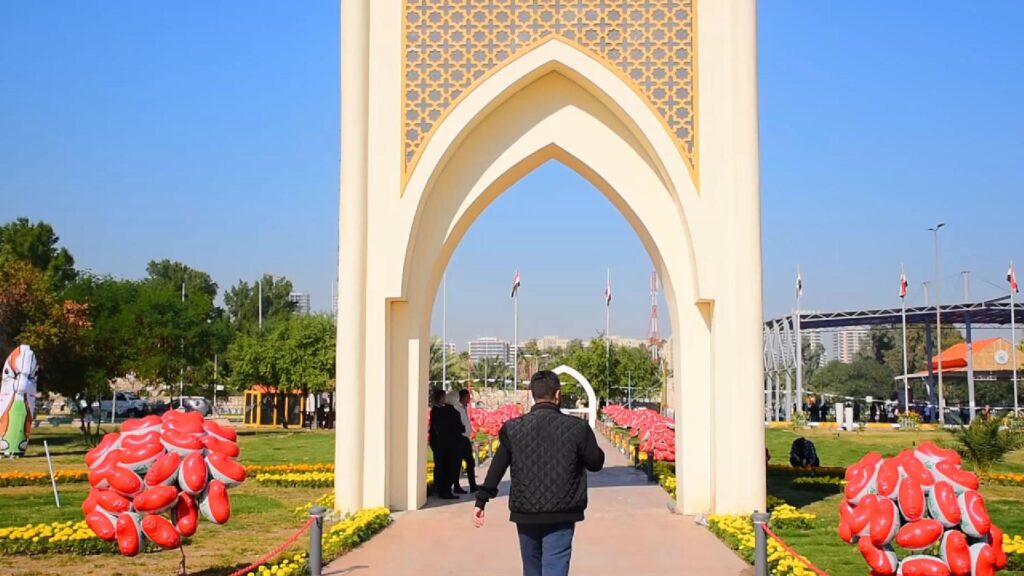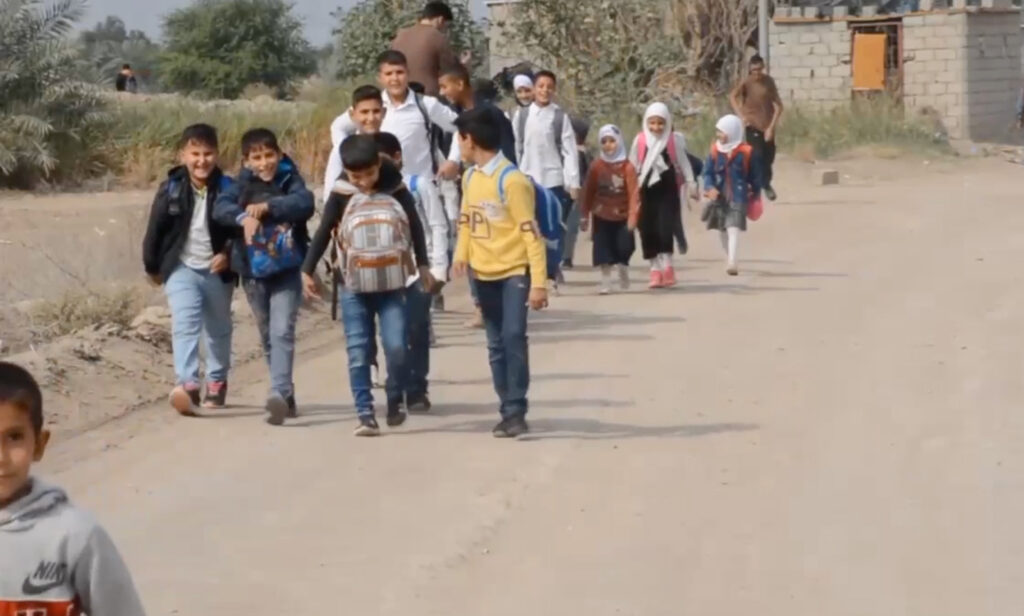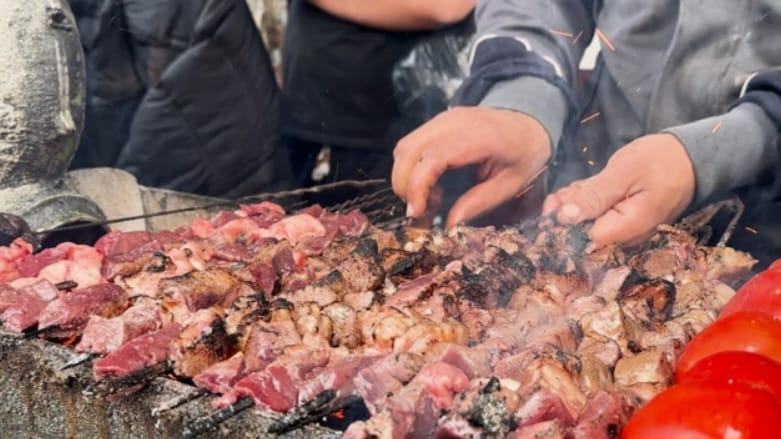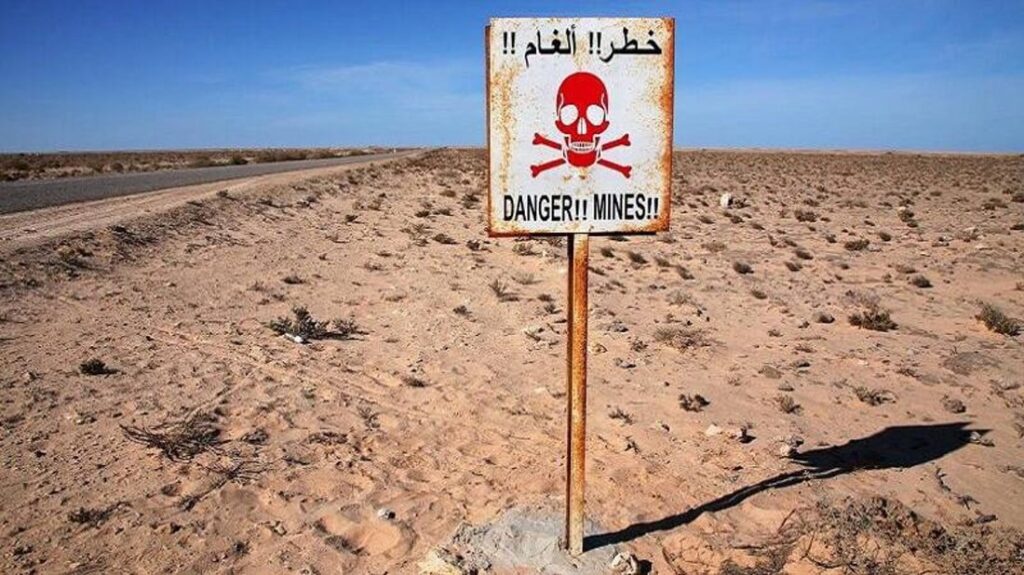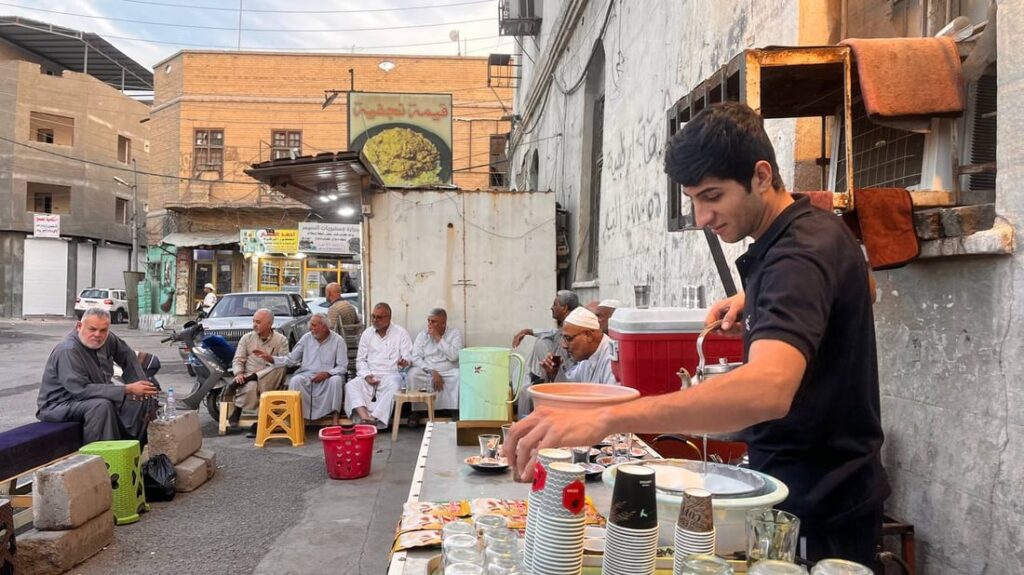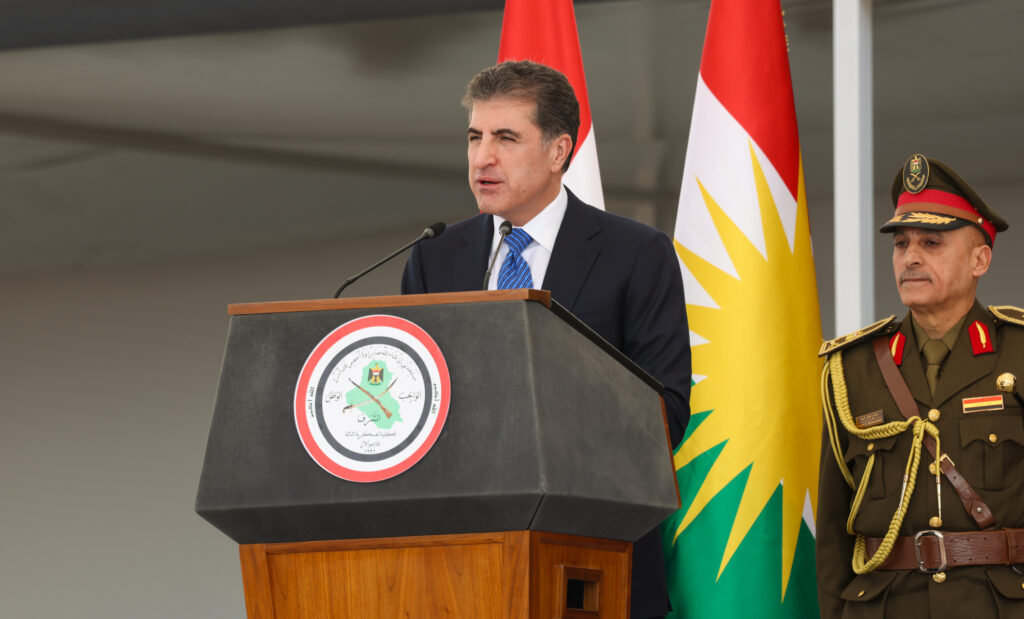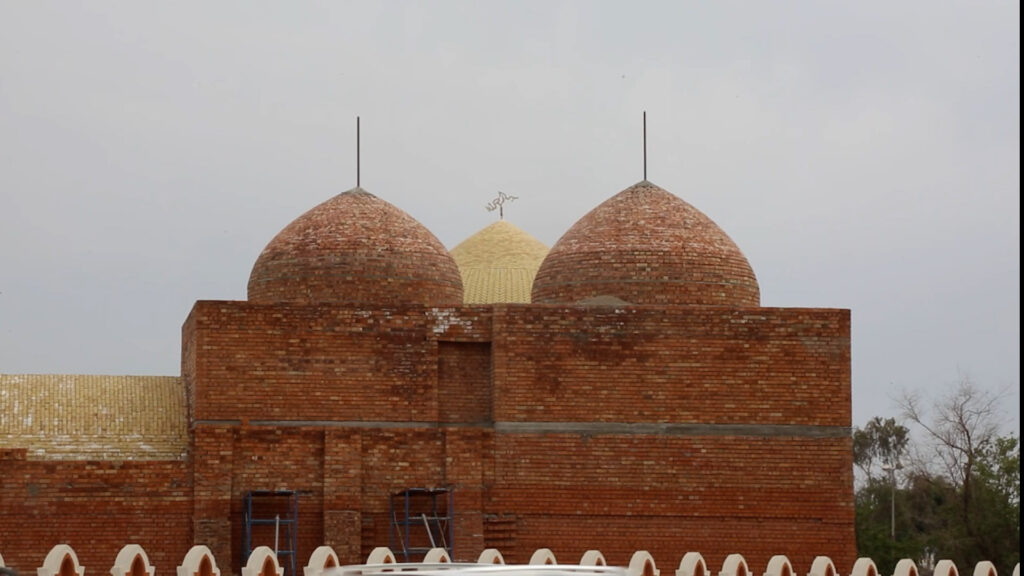Kurds in disputed Kirkuk say US withdrawal from Iraq ‘will be a disaster’

ERBIL (Kurdistan 24) – Kurds in the oil-rich province of Kirkuk warned on Wednesday that a potential US troop withdrawal from Iraq could reignite widespread sectarian violence and lead to a civil war.
“The American withdrawal from Iraq is in the interest of Iran and ISIS,” one member of the Kurdish community told Kurdistan 24.
“We and the coalition have defended Kirkuk against ISIS until now,” he said. “Their withdrawal will be a disaster.”
Recent Iran-US tensions sparked fears of an all-out war following attacks on facilities hosting American troops and the US embassy in Baghdad and the US killings of dozens of militiamen and assassination of an Iraqi militia commander and an Iranian top general.
Multiple Iraqi leaders, including the nation's president and parliament speaker, have condemned Iran's missile strikes late Tuesday night that targetted airbases in Iraq and the Kurdistan Region housing US and coalition forces. Iran launched the attack in retaliation for the US killing of top Iranian general Qasim Soleimani last week.
Read More: Iran strikes military bases in Iraq, Kurdistan housing US forces: Pentagon
The incident that led to a downward spiral occurred just outside the city of Kirkuk at Iraq's K-1 military base, which hosts Iraqi, American, and other Coalition troops. A number of Katyusha rockets landed in late December at the facility, killing an Iraqi-born US civilian contractor and wounding other coalition and local fighters.
The US accused Iran of planning the attack and the Tehran-aligned Kata’ib Hizbollah (KH) militias of carrying it out. KH is part of the Hashd al-Shaabi, which is officially part of the national security apparatus and is also known as the Popular Mobilization Forces (PMF).
After this, the US launched a strike on five KH bases on both sides of the Iraqi–Syrian border, killing about 25 members. A few days later, PMF militiamen and supporters attacked the US embassy in Baghdad. Washington responded by assassinating the chief of Iran’s Islamic Revolutionary Guard Corps–Quds Force (IRGC–QF) Qasim Soleimani and KH leader, who is also the PMF deputy chief, Abu Mahdi al-Muhandis, as their convoy left Baghdad International Airport.
Following these developments, the Iraqi parliament held an extraordinary session, which Kurdish and most Sunni representatives did not attend, to pass a resolution requiring the expulsion of all foreign troops from Iraqi territory. PMF militias threatened the MPs who did not attend the session with violence and have stated they would attack any Americans who did not leave.
The leading proponents of an ouster of “foreign” forces, namely American ones, are Iranian-backed entities and self-described nationalist Muqtada al-Sadr. The PMF, represented by the Fatah Alliance in parliament, and Sadr’s Sairoon Coalition control the two largest blocs in the legislature.
Fears of Greater Instability
The decision to remove US forces has become a daily conversation for the residents of the disputed province of Kirkuk, an ethnically-diverse and oil-rich territory that has been at the heart of many intractable issues between the federal Iraqi government and the Kurdistan Regional Government (KRG).
“The exit of American forces from Iraq will spark a civil war and a struggle for power,” Azad Karim, a Kurd from Kirkuk, told Kurdistan 24. Many other Kurds throughout the province warn of the same fate.
After US forces withdrew from the country in 2011, Iraq saw an increased number of terrorist attacks across major cities. Sectarian violence also spiked as the Shia-led government carried out arrests of Sunni politicians and the arrest and killing of mostly Sunni protesters.
This period of unrest culminated in the rise of the so-called Islamic State, which took over a third of Iraq, forcing the return of American troops in 2014 at the helm of the international anti-ISIS coalition.
Related Article: Head of pro-Iran militia threatens Americans in Iraq
Now, the US has about 5,000 troops in Iraq, spread over several facilities, including the K-1 base in northwest Kirkuk. These forces provide air and logistics support for local troops and serve advisory roles in missions to assist Iraqi forces in hunting down sleeper cells of the Islamic State. Recently, attacks by the extremist group have increased as the focus of the Americans shifts to self-defense in the face of attacks by Iran and its proxies.
Read More: US-led Coalition suspends anti-ISIS operations
“If the Coalition withdraws, then our situation will worsen,” said another Kurdish resident while speaking to Kurdistan 24 inside a Kirkuk cafe.
“ISIS is still there.”
Editing by John J. Catherine

